Tabla de contenido
The enjoyment and reaching the goal in the great adventure that defines an “ultramarathon” is undoubtedly influenced in part by nutrition and hydration, determining factors for the athlete to perform at his or her best.
Having said this, the first thing that comes to mind is: What to eat? What to drink? How much, how often, and how do I minimize weight without compromising my performance?
General recommendations
Carbohydrate intake in the three days before a competition
The objective of carbohydrate intake in the days before the competition is to achieve maximum repletion of the body’s glycogen deposits (energy source), therefore double your regular consumption of carbohydrates, reduce the consumption of energy-poor foods (vegetables), as well as foods with high protein and fat content to facilitate the achievement of the objective.
Keep in mind that covering a diet rich in carbohydrates may be limited by the “satiety” factor when you are not used to it, including juices, jam, honey, and dried fruit, are foods that in small volume provide a considerable contribution of carbohydrates. However, at night, make sure that your dinner is dominated by carbohydrates of low or medium glycemic index (sweet potato, couscous, pasta, whole wheat bread, whole wheat tortilla, etc.).
Key tip: Don’t try unfamiliar foods. Prefer cooked vegetables and drinking water. This will minimize the risk of developing stomach upsets that will compromise your nutrition and hydration.
Hydration: drink water constantly, and make sure your urine is a clear lemon color.
Ultramarathon Day: Before
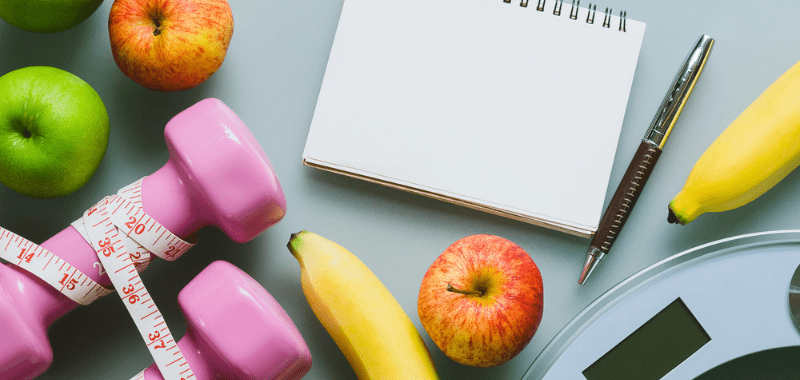
The main objective of pre-competition nutrition is to optimize muscle glycogen reserves. It also seeks to prevent hunger during exercise without causing stomach discomfort. Therefore, the pre-competition meal should be rich in carbohydrates, moderate in protein, low in fat and fiber, and last but not least, familiar and enjoyable.
Now, considering that long-distance races are characterized by starting early in the day (which requires you to be awake very early), start with a first snack three hours before, followed by a second snack sixty minutes before.
Example:
- 1st snack: 2 slices of bread + 1 apple + 2 slices of turkey ham
- 2nd snack: 2 slices of bread + 1 spoonful of jam + 1 slice of cheese.
- Hydration: by this time, you should be well hydrated. However, to optimize hydration status, the American College of Sports Medicine recommends drinking 400 – 600 ml of fluids (2 glasses of water) 2 hours before exercise, enough time for any excess fluid to be excreted as urine before the start of exercise.
Ultramarathon Day: During
The benefits of ingesting carbohydrates and fluids during training or competition are expressed through improved performance and/or reduced physiological stress on the cardiovascular, nervous, and muscular systems.
What to eat and how often?
Foods should be soft in consistency and easy to swallow. As time in exercise progresses, your tolerance for solid foods will most likely decrease. “Be aware of this when selecting carbohydrate options.” A recommended carbohydrate intake per hour of physical activity is 30 – 45g in women and 45 – 60g in men. Consume the amount of carbohydrates you consume in a dosed manner throughout each hour.
The following options and their respective carbohydrate intake are available: snacks (15g), 500 cc sports drinks (30g), gels (25g), gummies (45g), dehydrated drinks rich in carbohydrates and electrolytes (22g), one tablespoon of honey (15g) or jam (15g), one reb. white bread (15g), and one package of sweet cookie (15g).
Note: include each serving of honey and jam in a plastic bag to consume “freezie” style.
How much water and how often?
One factor related to the onset of fatigue during prolonged high-intensity exercise is dehydration. Starting at the onset of exercise, 150 to 200 ml of fluids at 15 – 20 min intervals can facilitate optimal hydration.
To promote the hydration process and avoid the consequences of considerable sodium losses through sweating (fatigue, headache, loss of appetite, nausea, vomiting, weakness, and muscle spasms, among others), always include sodium in the fluids to be taken through effervescent tablets to replenish electrolytes, by sucking salt every time you drink water or by using sports drinks which already contain sodium.
How do I minimize weight without compromising my performance?
Plan the liquid you will carry based on the hydration points and/or the various water intakes you will find along the way. Regarding food, choose those that favor you and help minimize weight.
“Minimizing weight is very important as is giving your body what it needs (nutrients and fluid) to delay the development of fatigue and therefore boost your athletic performance.”
For a quick recovery after the ultramarathon
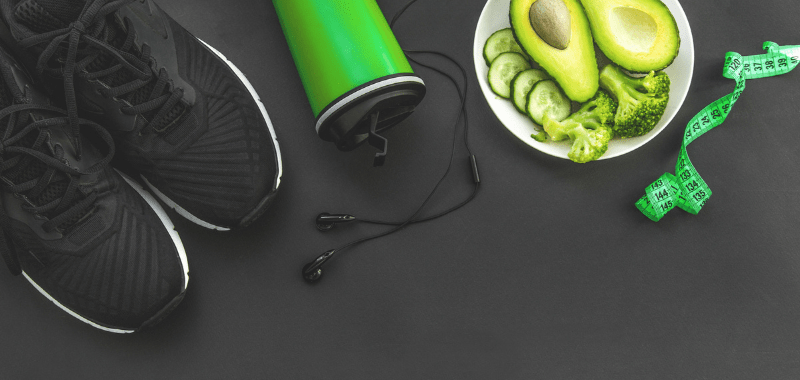
Once the exercise is over, there is a rapid phase of formation of energy reserves at the muscular level that generally does not last more than 60 minutes and depends mainly on the consumption of carbohydrates; after this phase, the formation of these reserves occurs at a slower rate.
Finally, post-exercise recovery is a complex process that requires replenishing energy stores and repairing damaged muscle tissue. To achieve this, a meal rich in carbohydrates, moderate in protein, and low in fat is included at the end of the workout.
Since you will most likely experience a low appetite at the end of the event, including carbohydrate and/or protein-based food supplements will make consuming the nutrients in this form much more accessible.
Another point to remember during this stage is hydration. Most athletes do not ingest enough liquid during exercise to compensate for sweat losses and usually have a certain degree of dehydration. To recover the state of hydration, consume water constantly until you get “clear lemonade” colored urine. As I mentioned in previous lines, consume beverages containing salt and/or add a little more salt to your meals to favor the hydration process.
Don’t jeopardize your enjoyment of the race; PLAN YOUR NUTRITIONAL AND HYDRATION STRATEGY and experience how far your body can go when you ATTEND TO ITS NEEDS.
Clinical and Sports Nutrition
@IssaRico
Looking for a plan that trains with you, not against you?
At running.COACH, we don’t just build a schedule. We create a smart, living plan that evolves with you. It understands your level, your race goals and your real life. Whether you sync your GPS watch or train straight from our iOS or Android app, your plan adjusts automatically as you improve.
From day one, you’ll feel the difference:
- A fully personalized, dynamic plan designed for you.
- Automatic sync and effortless workout tracking.
- Real-time updates when life happens, including missed sessions, new races or schedule changes.
- Simple, science-backed guidance to train smarter and recover faster.
🎁 Start today and enjoy your first 30 days free.
Because the best training plan isn’t one you follow. It’s one that follows you.app.
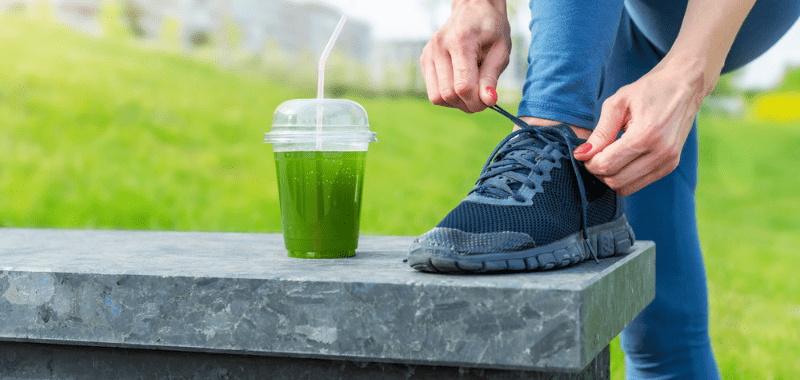
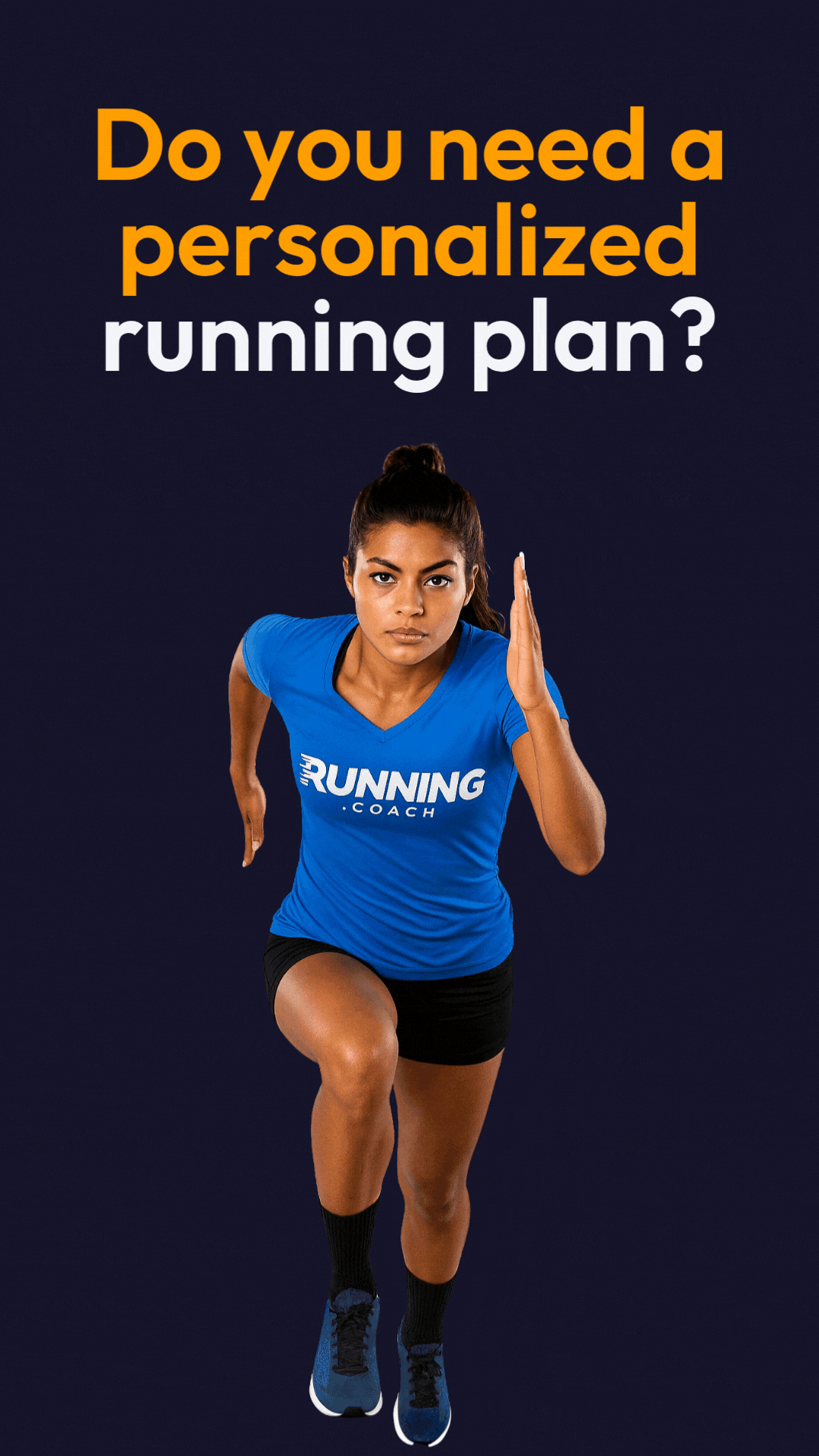

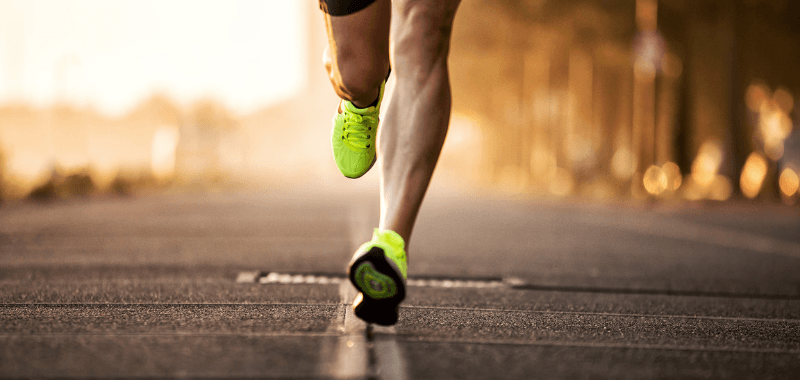
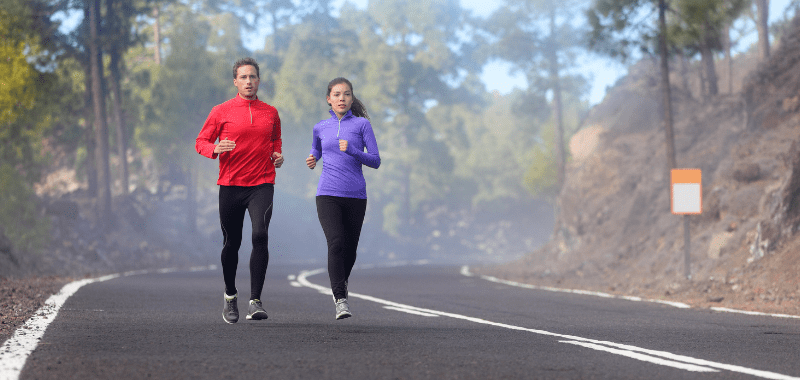
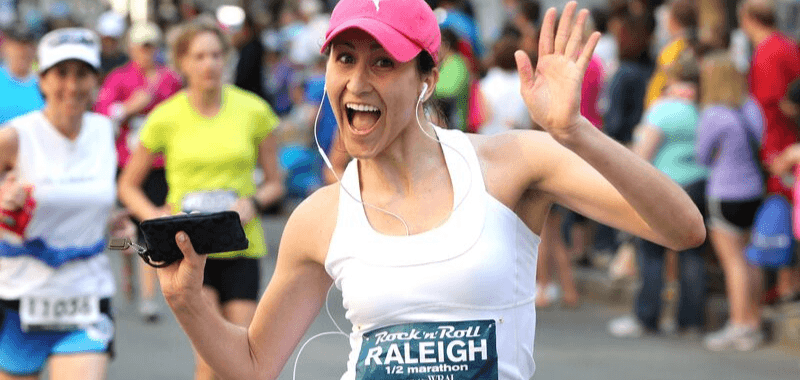
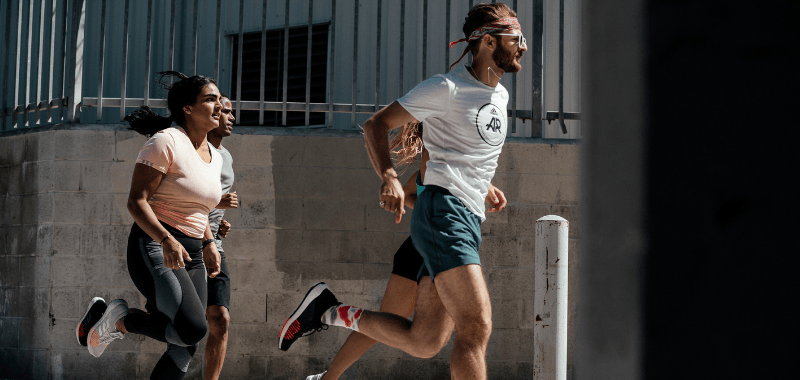
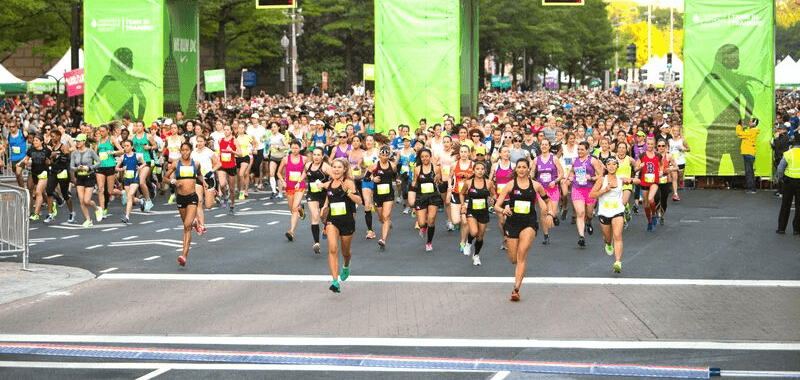


0 Comments